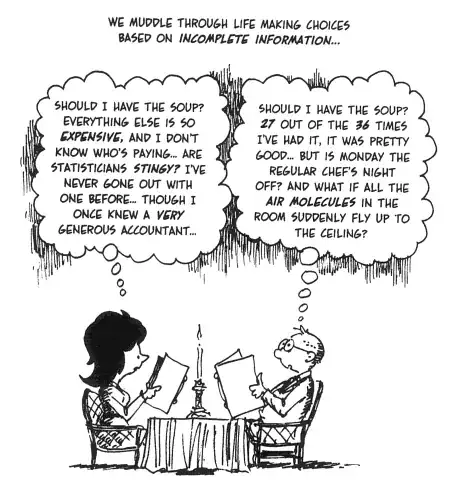This is a question for your field.
Here I comment generally on interpreting correlations. Specifically with your data, Spearman correlation might or might not be sensitive or insensitive to underlying patterns in scientifically helpful or unhelpful ways as compared with other possible correlations.
If an advisor, supervisor, mentor, experienced colleague or reviewer in your field considers "reasonable" to be, hmm, reasonable wording in a report that explains the scientific context, your data, methods and results, then well and good for you. There is nothing in the statistics to allow direct quantifications of surprise, success or otherwise by just looking at correlations.
In some fields correlations of 0.9 signal incompetent experimental technique and unpublishable results; in other fields correlations of 0.1 may flag the possibility of a real effect of interest or even of importance. For example, in many medical problems, all kinds of social or personal characteristics may have genuine but small effects on morbidity, mortality, life expectancy or other responses.
All sorts of situations are conceivable. In a paper I reviewed, and recommended for rejection, authors proposed a new measure but results in their own paper could be used to show a very high correlation with existing measures, so it was nothing but a standard idea in a slightly different guise. Here by implication authors were suggesting something new but correlation showed that it was anything but. Discretion obliges that I cast a misty net over all the details, but this was a case where strong correlation was scientific failure and a weak correlation could have been more interesting.
The vagueness of "a specific parameter" inhibits further comment; "two cell types" may allow some kinds of biologists to say more.
